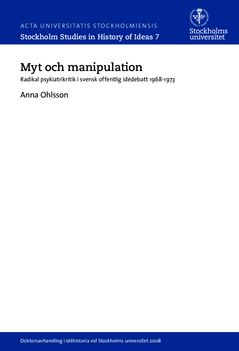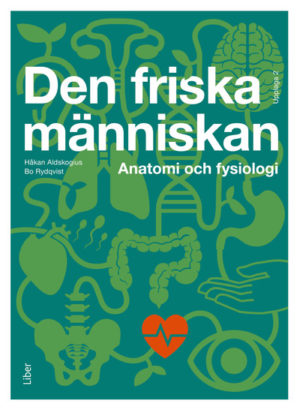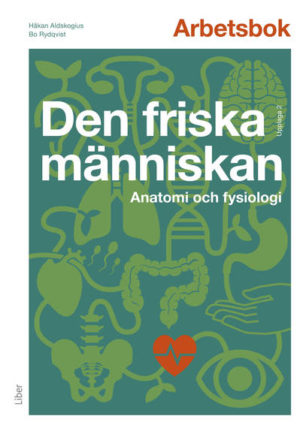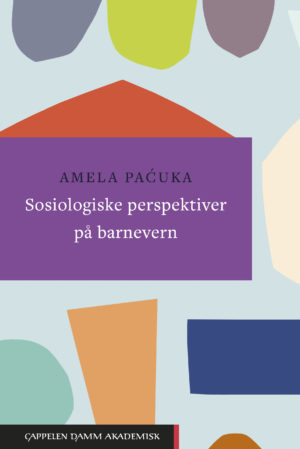The aim of the present thesis is to study radical criticism of psychiatry in public discussion in Sweden between 1968 and 1973. Although it was not the first time psychiatry had been challenged, the debate during these years displayed an unprecedented intensity. What is mental illness – a myth, an etiquette, an illusion? Is psychiatry a means of social control? Such were the questions raised at the time. In my thesis, I study the contexts as well as the arguments of these discussions. To this end, a great variety of sources have been consulted: books, newspapers, magazines, films etc.
In part, the Swedish debate on psychiatry ran parallel to international discussions on the topic, which have been regarded as a manifestation of anti-psychiatry. This standpoint is often associated with psychiatrists such as R. D. Laing, David Cooper and Thomas Szasz. In my thesis, I challenge the concept of anti-psychiatry, arguing that other concepts are better suited to capture the diversity of the debate in all its nuances. Thus, I make use of radical and reformatory criticism – concepts which have been suggested by the sociologist Tommy Svensson – while also seeking to develop them further.
In addition to the international perspective, the psychiatry debate must also be interpreted in its specifically Swedish context. One aspect of this is the Swedish tradition of Government Official Reports: psychiatry had been subject to many investigations prior to the debate in the 1960s and 1970s, and others would follow in its wake. Another characteristic feature of the Swedish debate is two events that formed very suitable targets for critique: Sociopatutredningen and Mentalhälsokampanjen. These events seemed to confirm the most farreaching concerns of the radical critics, namely that psychiatry is a means of social control.







